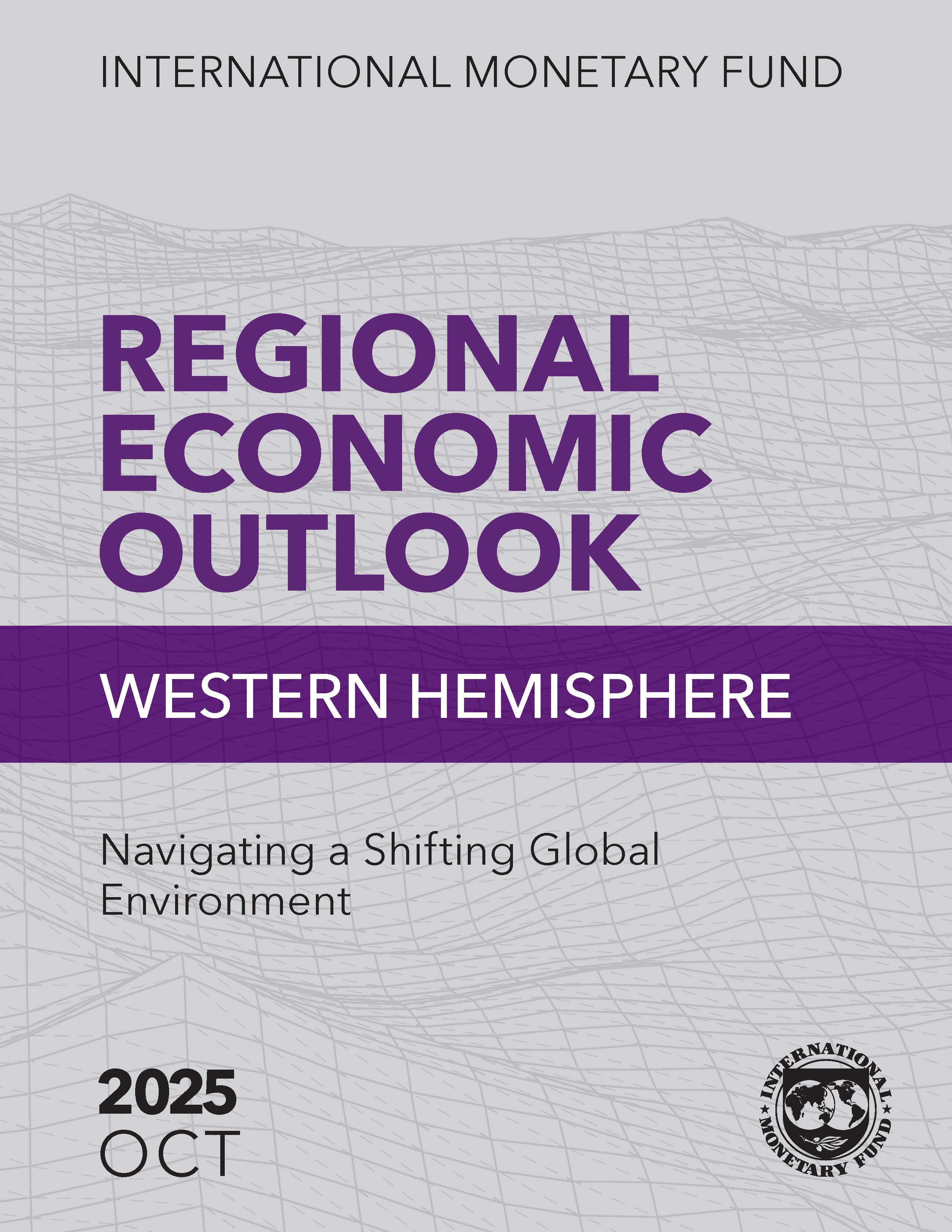This web page provides information in on the activities of the Office, views of the IMF staff, and the relations between Haiti and the IMF. Additional information can be found on Haiti and IMF country page, including official IMF reports and Executive Board documents in English and French that deal with Haiti.
At a Glance
- Current IMF membership: 191 countries
- Haiti joined the Fund in September 8, 1953; Article VIII
- Total Quotas: SDR 81.90 Million
- Loans outstanding: ECF Arrangements SDR 47.97 Million
- On January 24, 2020 the IMF Executive Board concluded the 2019 Article IV consultation with Haiti (Country Report No. 20/121, April 20, 2020)
IMF's Work on Haiti
No results found. Either there was an error with the web service or there is no data returned by the web service.
Regional Economic Outlook
October 17, 2025

Navigating a Shifting Global Environment
Growth in the region was steady and disinflation slow, but rising public debt and weak medium-term growth pose challenges. Fiscal effort, strong monetary policy frameworks, and productivity reforms remain key to bolstering resilience and growth.
Read the Report



